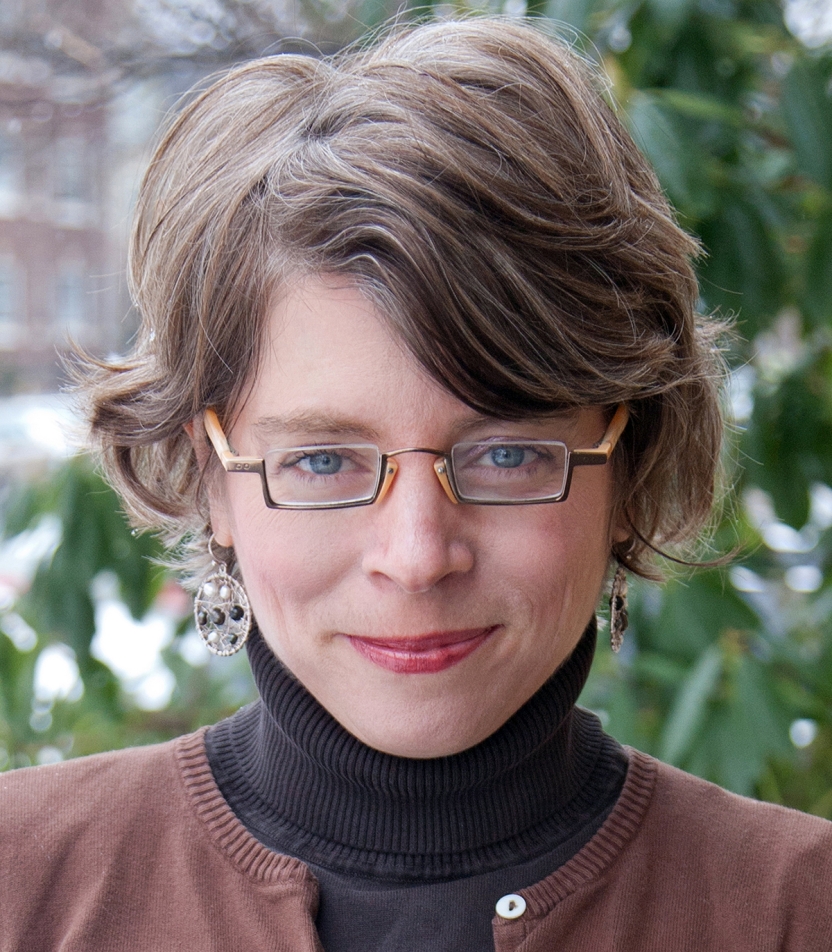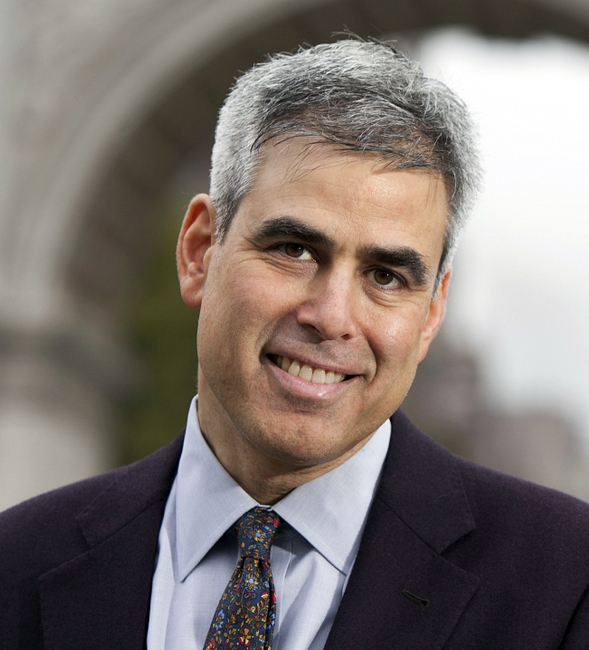‘Critical Conversations’ Panel Will Discuss Creating a Robust Public Sphere

MIDDLEBURY, Vt. – Middlebury will host a panel of distinguished scholars and public intellectuals to engage with questions related to creating a robust and inclusive public sphere on Wednesday, February 21, at 7:30 p.m. at Wilson Hall in McCullough Student Center. The event, featuring Jill Lepore, Kwame Anthony Appiah, and Jonathan Haidt, is the next in a series called “Critical Conversations,” which tackles issues of inclusivity and free expression at Middlebury. The talk in Wilson Hall is open to Middlebury ID holders, with streaming video available to the public at Dana Auditorium at Sunderland Hall and online.


Jill Lepore, the David Woods Kemper ’41 Professor of American History at Harvard University, will moderate the discussion. Lepore, who is also a staff writer at the New Yorker, teaches classes in evidence, historical methods, humanistic inquiry, and American history. Much of her scholarship explores absences and asymmetries in the historical record, with a particular emphasis on the histories and technologies of evidence and of privacy. As a wide-ranging and prolific essayist, Lepore writes about American history, law, literature, and politics. Lepore’s next book, These Truths: A History of the United States, will be published in September 2018.
Kwame Anthony Appiah, professor of philosophy and law at New York University, was named one of Foreign Policy’s “Top 100 Public Intellectuals” and one of the Carnegie Corporation’s “Great Immigrants,” and was awarded a National Humanities Medal by the White House. Appiah has previously taught at Princeton, Harvard, Yale, Cornell, Duke, and the University of Ghana. He considers readers’ ethical quandaries in a weekly column as “The Ethicist” for the New York Times Magazine. From 2009 to 2012 he served as president of the PEN American Center, the world’s oldest human rights organization. In 2018 he will chair the Man Booker Prize.
Jonathan Haidt is the Thomas Cooley Professor of Ethical Leadership, based in the Business and Society Program at New York University’s Stern School of Business. Haidt is a social psychologist whose research examines the intuitive foundations of morality. His most recent book is the New York Times bestseller The Righteous Mind: Why Good People are Divided by Politics and Religion. In that book, Haidt offers an account of the origins of the human moral sense, and he shows how variations in moral intuitions can help explain the polarization and dysfunction of American politics. At Stern he is applying his research on moral psychology to rethink the way business ethics is studied and is integrated into the curriculum. His goal is to draw on the best behavioral science research to create organizations that function as ethical systems, with only minimal need for directly training people to behave ethically. He cofounded the research collaboration at EthicalSystems.org. His next book will be titled Three Stories about Capitalism: The Moral Psychology of Economic Life. Before coming to Stern, Professor Haidt taught for 16 years at the University of Virginia. His first book was The Happiness Hypothesis: Finding Modern Truth in Ancient Wisdom. His writings appear frequently in the New York Times and the Wall Street Journal, and he has given four TED Talks. He was named one of the top global thinkers by Foreign Policy magazine and also by Prospect magazine.
Middlebury’s “Critical Conversations” series was developed in 2017 as a way for the campus community to engage deeply with issues of inclusivity and free expression. Previous signature events in the series have included “Finding Common Ground: Economic Progress in the Trump Era,” a discussion between former Congressman Barney Frank (D-MA) and former Republican Governor of New Hampshire John Sununu, moderated by Gail Russell Chaddock, former correspondent for the Christian Science Monitor; and “Whose Freedom, Whose Speech? The Future of Community and Free Speech at Middlebury,” a moderated dialogue sponsored by PEN America.
The panel discussion at Wilson Hall is open to Middlebury ID holders, with streaming video available to the public online and at Dana Auditorium in Sunderland Hall.

